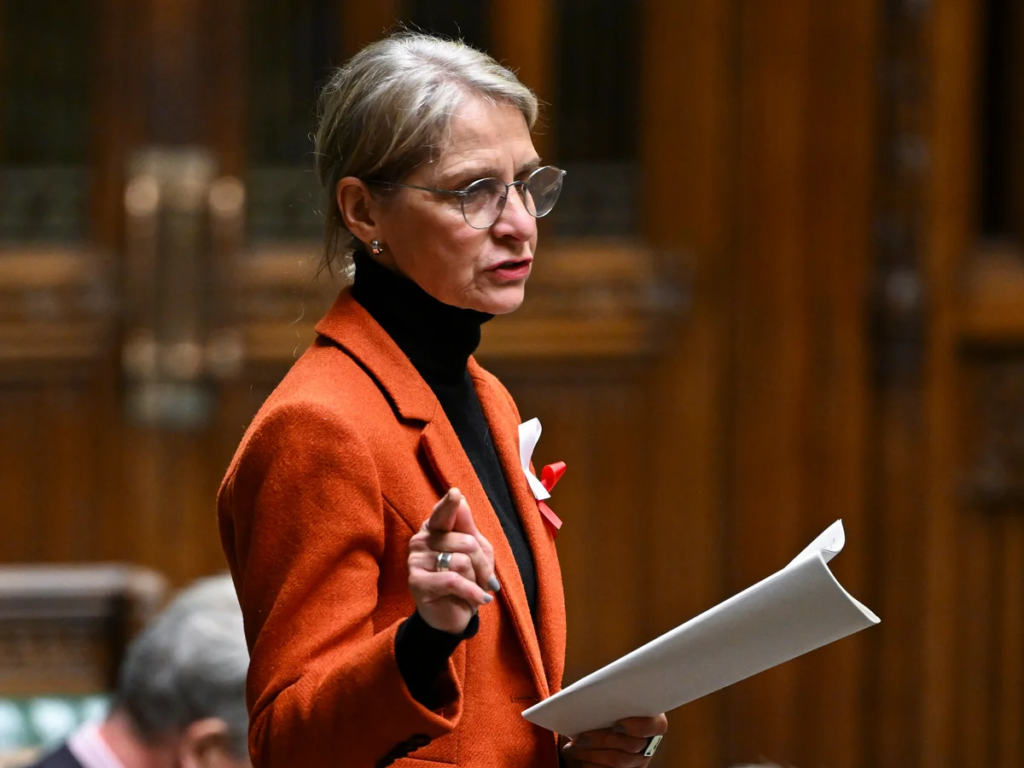The Closed Door: Examining the Denial of Entry of a British MP to Hong Kong
A Symbolic Barricade: The MP’s Denied Entry and its Implications
The recent denial of entry to a British Member of Parliament (MP) into Hong Kong, during what was described as a personal visit, has ignited a diplomatic flare-up, raising serious concerns about the erosion of freedoms and the changing political landscape of the former British colony. This incident, prompting the UK government to demand answers, underscores the growing tension between the West and China regarding Hong Kong’s autonomy and the implementation of the National Security Law.

Political Undertones: Beyond a Personal Visit
The specifics of the MP’s intended visit, while described as personal, are likely to have held political undertones. Given the MP’s vocal stance on Hong Kong’s democratic decline and the suppression of dissent, their presence would have been perceived as a symbolic gesture of solidarity with pro-democracy activists. The refusal of entry, therefore, sends a stark message: dissent, even in its most subtle forms, will not be tolerated.
Breaching the Declaration: A Departure from Agreed Principles
The incident is not merely a matter of diplomatic protocol; it represents a significant departure from the principles enshrined in the Sino-British Joint Declaration, which guaranteed Hong Kong a high degree of autonomy for 50 years after its handover to China in 1997. The imposition of the National Security Law in 2020 has drastically altered the political climate, criminalizing acts of secession, subversion, terrorism, and collusion with foreign forces. Critics argue that the law has been used to silence opposition voices, suppress freedom of speech, and dismantle the city’s once-vibrant civil society.
Isolating the City: A Message of Unilateral Control
The denial of entry, in this context, can be interpreted as a further tightening of the grip on Hong Kong, a demonstration of the authorities’ resolve to stifle any perceived external influence. It also serves as a chilling reminder to those within Hong Kong who might harbor hopes of international support for their democratic aspirations. By barring the MP, the authorities are effectively isolating the city, cutting off channels of communication and reinforcing the message that Hong Kong’s affairs are solely within the purview of the Chinese government.
Diplomatic Repercussions: The UK’s Quest for Answers
The UK government’s response, demanding answers and seeking clarification, is a necessary, albeit symbolic, gesture. However, the effectiveness of such diplomatic pressure remains questionable. China’s increasingly assertive stance on Hong Kong, coupled with its growing economic and political influence, suggests that it is unlikely to yield to international criticism.
Eroding Confidence: Implications for Hong Kong’s Future
The incident also raises broader questions about the future of Hong Kong’s international standing. The city’s reputation as a global financial hub, built on its open and transparent legal system and its respect for individual freedoms, is being undermined by the erosion of these very principles. The increasing restrictions on travel, the suppression of dissent, and the curtailment of judicial independence are eroding investor confidence and prompting concerns about the city’s long-term viability.
A Symptom of Change: The Shifting Political Landscape
Ultimately, the denial of entry to the British MP is a symptom of a deeper malaise, a reflection of the fundamental shift in Hong Kong’s political landscape. It highlights the growing chasm between the West’s expectations for Hong Kong’s autonomy and China’s determination to assert its sovereignty. While diplomatic efforts may continue, the incident underscores the urgent need for a reassessment of the international community’s approach to Hong Kong, a city that is rapidly losing its unique identity and its once-cherished freedoms.




















